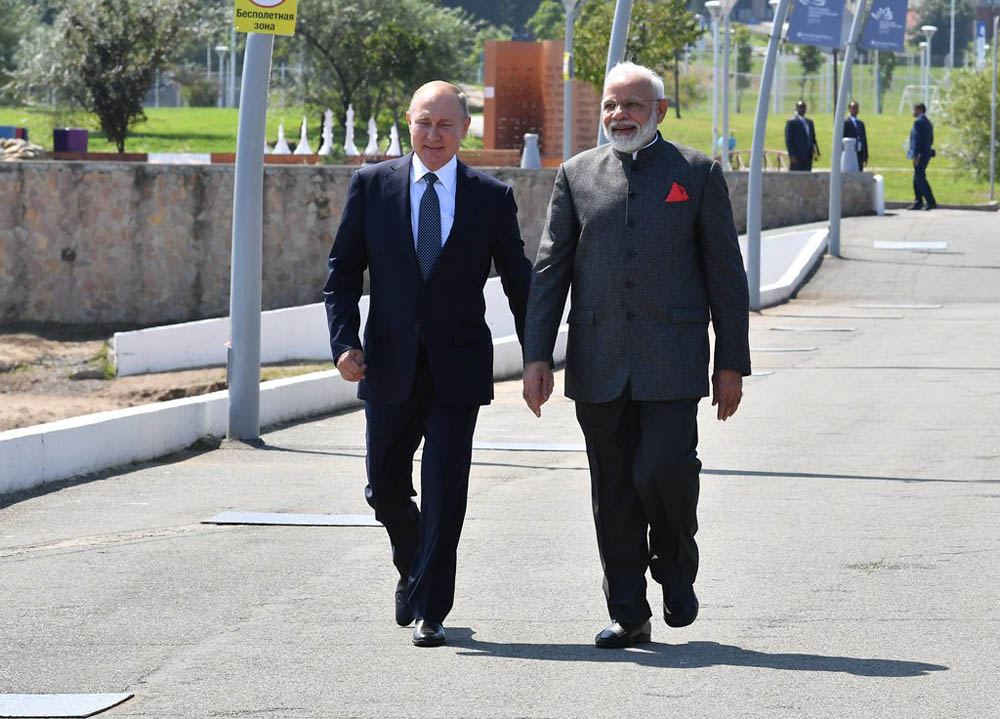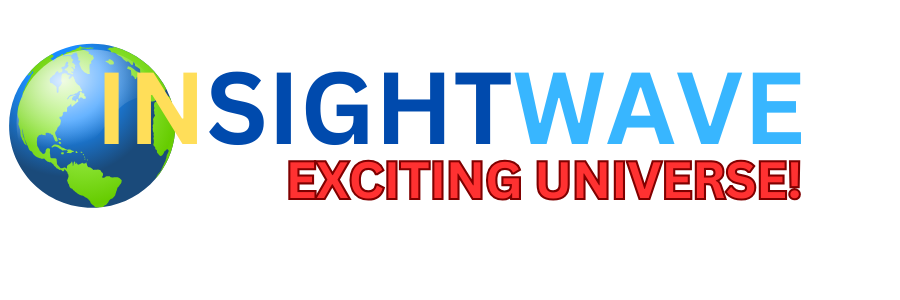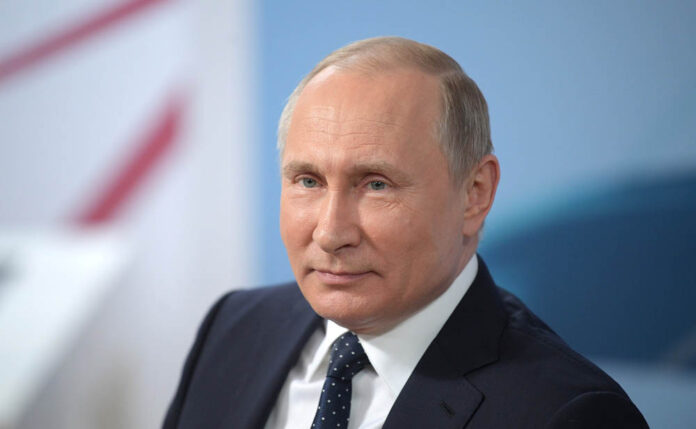In the complex tapestry of global politics, few figures loom as large and enigmatic as Vladimir Putin. Born on October 7, 1952, in Leningrad (now Saint Petersburg), Russia, Putin has navigated the tumultuous waters of international relations with a steely resolve that has both fascinated and perplexed the world. This biography aims to unravel the layers of this complex leader, tracing his journey from a humble childhood to the pinnacle of power in the Kremlin.
Page Contents
Early Life and Education
Vladimir Vladimirovich Putin’s early life was marked by hardship and resilience. Raised in a communal apartment, he experienced the challenges of post-war Leningrad, where scarcity and austerity were the norm. His father, Vladimir Spiridonovich Putin, served in the Soviet Navy, instilling in the young Putin a sense of discipline and patriotism.
In his youth, Putin displayed a keen interest in sports, particularly judo and sambo. His dedication to martial arts not only shaped his physique but also laid the foundation for the disciplined mindset that would become a hallmark of his leadership style. The gritty streets of Leningrad, where Putin faced down bullies and defended his peers, foreshadowed the strength and determination he would later exhibit on the world stage.
Putin pursued higher education at Leningrad State University, where he studied law. His academic journey was marked by a blend of intellectual curiosity and an emerging sense of duty to his country. Little did he know that this legal education would lay the groundwork for a career in the KGB, the Soviet Union’s formidable security agency.
The KGB Years
Upon graduating from Leningrad State University in 1975, Putin embarked on a career in the Soviet security apparatus. Joining the KGB, he underwent rigorous training in espionage and intelligence gathering. His early assignments took him to Dresden, East Germany, where he operated undercover as a liaison between the KGB and the Stasi, the East German secret police.
The KGB years were formative for Putin, providing him with a deep understanding of the dynamics of power and the importance of information in shaping global events. The collapse of the Soviet Union in 1991 marked a pivotal moment in his life, forcing him to recalibrate his ambitions in the new era of Russian politics.
Read Also : Nelson Mandela: A Legacy of Courage, Compassion, and Change
Rise to Power
Putin’s entry into mainstream politics came in the wake of the chaotic 1990s in Russia. The country was grappling with economic turmoil, political instability, and a sense of national humiliation. Yeltsin’s resignation in 1999 paved the way for Putin’s ascension to the presidency. Initially appointed as acting president, Putin quickly asserted his authority, projecting an image of strength and decisiveness.
The Chechen conflict in the early years of his presidency provided a testing ground for Putin’s leadership. His resolute response to the Chechen insurgency endeared him to a Russian populace yearning for stability. Putin’s popularity soared, and in 2000, he won the presidential election with a decisive mandate.

Consolidation of Power
Putin’s presidency was characterized by a concerted effort to consolidate power. He pursued a series of political and economic reforms, centralizing authority in the Kremlin and curbing the influence of regional governors. The energy sector, a critical component of Russia’s economy, came under state control, strengthening the government’s grip on key resources.
The media landscape also underwent significant changes, with Putin exercising control over major television networks. Critics argued that this consolidation of power undermined democratic institutions, while supporters contended that it was a necessary measure to restore order and stability to a nation in flux.
Foreign Policy and the New Russian Identity
As a statesman, Putin positioned Russia as a major player on the global stage. His assertive foreign policy, characterized by a commitment to national sovereignty and a skepticism of Western influence, drew both admiration and criticism. The 2008 conflict with Georgia and the annexation of Crimea in 2014 underscored Putin’s willingness to challenge the post-Cold War order.
The concept of a “multipolar world” became a central tenet of Putin’s foreign policy, advocating for a balance of power that diminished the dominance of any single nation. His defiance of Western sanctions following the annexation of Crimea reflected a commitment to asserting Russia’s interests on its terms.
The narrative of a resurgent Russia under Putin’s leadership found resonance among many Russians who yearned for a return to their country’s former glory. The annexation of Crimea, in particular, was met with widespread domestic support, solidifying Putin’s image as a leader who could restore Russia’s strength and pride.
Read Also : Narendra Modi: A Visionary Leader’s Journey to Transform India
Challenges and Controversies
Despite his domestic popularity, Putin has faced criticism both at home and abroad. Concerns about the erosion of democratic institutions, restrictions on freedom of the press, and allegations of human rights abuses have marked his tenure. The poisoning of opposition figure Alexei Navalny in 2020 further strained Russia’s relations with the international community.
On the economic front, fluctuations in oil prices and Western sanctions have presented challenges to Russia’s stability. The reliance on energy exports has exposed the Russian economy to external shocks, emphasizing the need for diversification.
The conflict in Ukraine, ongoing tensions with NATO, and allegations of interference in foreign elections have also strained Russia’s relations with the West. The complex interplay between national interests and global dynamics continues to shape Putin’s legacy on the world stage.
Legacy and the Path Forward
As Vladimir Putin approaches two decades in power, his legacy remains a subject of intense debate. To some, he is a resolute leader who steered Russia through tumultuous times, restoring a sense of national pride and stability. To others, he symbolizes a retreat from democratic values and a willingness to challenge the international order.
The question of Putin’s succession looms large. As he navigates the delicate balance between maintaining control and ensuring a smooth transition of power, the future of Russia hangs in the balance. Whether his legacy is one of resilience and strength or a cautionary tale of democratic backsliding will be determined by the pages of history yet to be written.
In the enigma that is Vladimir Putin, the pages of history turn slowly, revealing a leader whose impact on Russia and the world will be dissected and debated for years to come.


